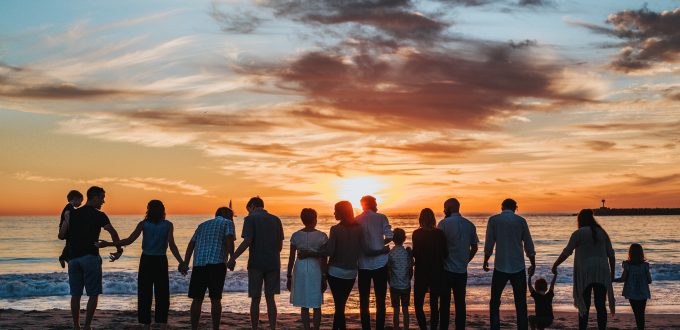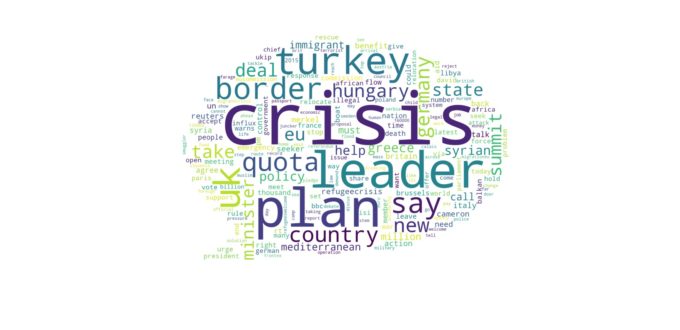We analyzed ~16 million social media posts (Twitter, Youtube and Reddit) and ~2 million news articles across nine different languages (English, Spanish, German, French, Italian, Dutch, Swedish, Danish and Polish). The posts were selected using similar query criteria. We dissected the discourse along two dimensions. First, we identified specific themes present across the different language […]
Roadmap to a human right-based refugee protection system
According to the UNHCR 2021 Global Trends Report, 1 in every 78 people has been forced to flee worldwide because of persecution, conflict, violence, human rights violations or events seriously disturbing public order – leading up to more than 100 million people being forcibly displaced by May 2022. Pursuant to UNHCR: “As new refugee situations emerge and intensify, and as existing ones reignite or remain unresolved, there is an acute need for durable solutions at increasing scale. The Global Compact on Refugees notes that one strategic priority for the humanitarian community is to identify and support durable solutions that enable refugees to rebuild their lives and live in safety and dignity.” But how far has the international refugee system come in responding to the needs of the refugees? The PROTECT project marks #WorldRefugeeDay by sharing our insights to this question and by sharing our roadmap to a human-rights based refugee protection system. All of which is based on intensive data collection and analysation during the two years of the project.
Migration as a polarizing issue on social media
Social media are one of the main arenas in which European citizens discuss policy issues such as migration and in which opinion formation on such issues takes place through the sharing and consumption of information and views. At the same time, it is an arena in which traditional and alternative media, NGOs, and politicians share their views on migration and interact with citizens to promote their agenda. For this reason, social media are a melting pot of different actors and interests, and a lens through which the European discourse on migration can be studied. Social media offer both, a huge potential for, on the one side, the free and democratic exchange and, on the other, for polarization and manipulation of the European discourse on migration.
Comparing Policy Actors’ Interaction with Each Other in Political Communication of Refugee Protectio
Opinions of policy actors on migration and refugee policy are increasingly polarized due to the various economic and migrant “crises”. Especially in the current context of these crises, governments have to engage increasingly more in information-spreading activity to persuade their citizens to support their international commitment to protect refugees. Micro-blogging platforms like Facebook, Twitter, Reddit, and YouTube, which are not subject to strict fact-checks and 4 editor-scrutiny like conventional media, empower policy actors without the necessary resources for expensive media campaigns and with non-mainstream political preferences.
Who says what? Studying social media discourses on international protection
Who’s name is mentioned more frequently in social media content related to refuge and migration: Angelina Jolie, Pope Francis, or Donal Trump? Are some refugee groups mentioned more frequently than others? Do social media discussions respond to real world events related to asylum and migration policy? In this vlog, Anamaria Dutceac Segesten presents some of PROTECT’s preliminary results from our research on social media discourses on refugees and migrants.
How do we talk about migration and asylum issues on social media?
In social sciences, analysis of media topics is used as a way to identify important political and social issues that circulate in media. Gatekeepers in traditional media like newspapers and television can both emphasize or omit certain aspects, and thus frame issues. In so doing, they actively shape the discourse of a topic to fit […]





